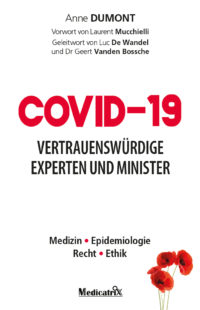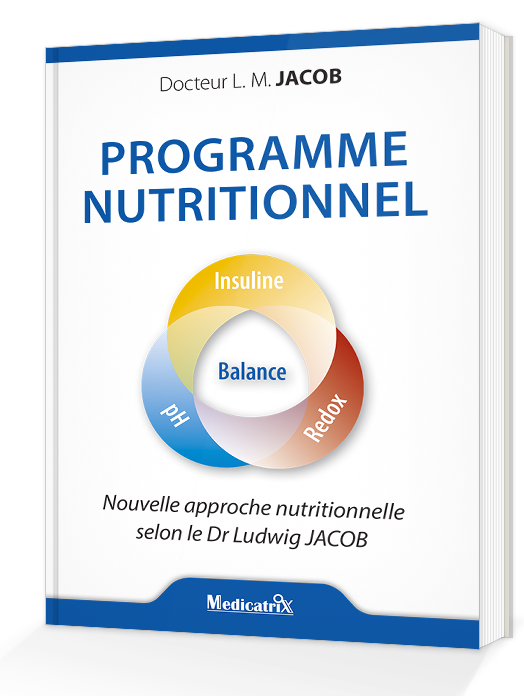[wpfilebase tag=file id=86 /]Diabetes is associated with increased oxidative stress and atherosclerosis development. In the present study, we investigated the effects of pomegranate juice (PJ; which contains sugars and potent anti-oxidants) consumption by diabetic patients on blood diabetic parameters, and on oxidative stress in their serum and macrophages. Ten healthy subjects (controls) and 10 non-insulin dependent diabetes mellitus (NIDDM) patients who consumed PJ (50 ml per day for 3 months) participated in the study. In the patients versus controls serum levels of lipid peroxides and thiobarbituric acid reactive substances (TBARS) were both increased, by 350% and 51%, respectively, whereas serum SH groups content and paraoxonase 1 (PON1) activity, were both decreased (by 23%). PJ consumption did not affect serum glucose, cholesterol and triglyceride levels, but it resulted in a significant reduction in serum lipid peroxides and TBARS levels by 56% and 28%, whereas serum SH groups and PON1 activity significantly increased by 12% and 24%, respectively. In the patients versus controls monocytes-derived macrophages (HMDM), we observed increased level of cellular peroxides (by 36%), and decreased glutathione content (by 64%). PJ consumption significantly reduced cellular peroxides (by 71%), and increased glutathione levels (by 141%) in the patients’ HMDM. The patients’ versus control HMDM took up oxidized LDL (Ox-LDL) at enhanced rate (by 37%) and PJ consumption significantly decreased the extent of Ox-LDL cellular uptake (by 39%).We thus conclude that PJ consumption by diabetic patients did not worsen the diabetic parameters, but rather resulted in anti-oxidative effects on serum and macrophages, which could contribute to attenuation of atherosclerosis development in these patients.
© 2005 Elsevier Ireland Ltd. All rights reserved.

















